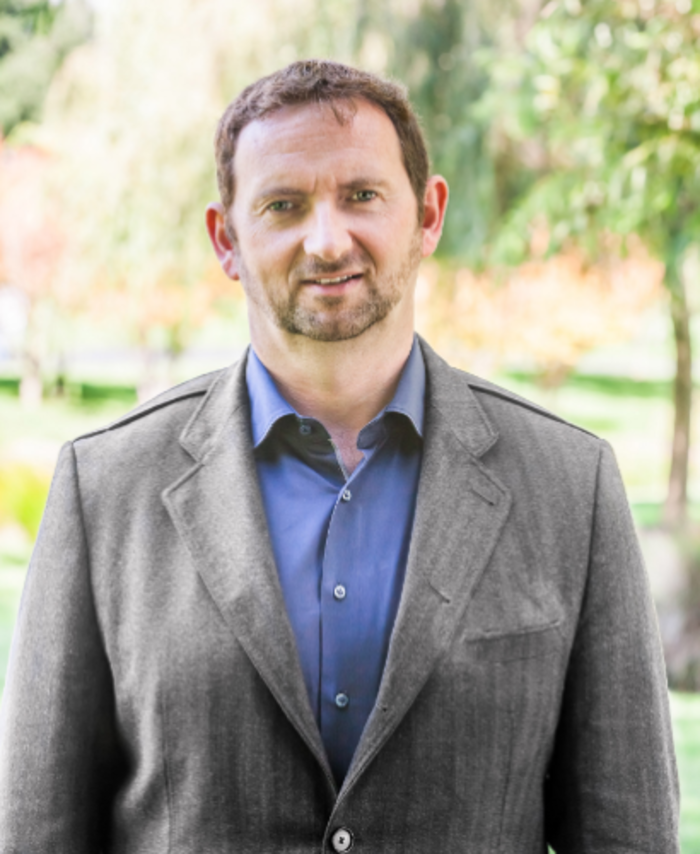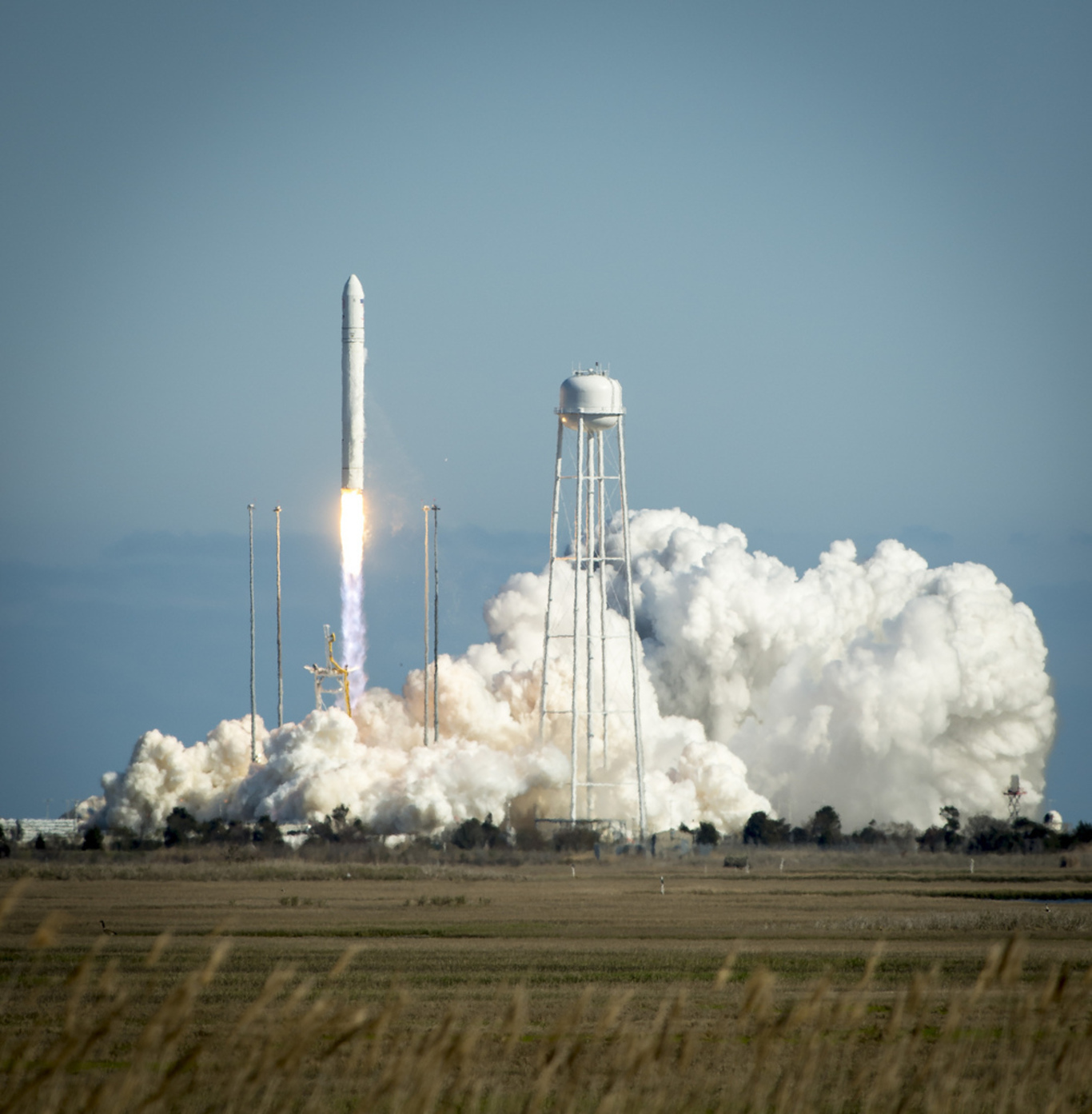A leading Irish entrepreneur is hunting for $70m to keep his space startup dream alive
Firefly Space Systems, co-founded by Galway native PJ King, is trying to build cheap rockets.
THE IRISH CO-FOUNDER of a promising US space startup is hoping to secure as much as $70 million to help prevent his company from shutting down.
Firefly Space Systems is an Austin-based firm that was co-founded in 2014 by Galway native PJ King, who was among Ireland’s first tech entrepreneurs and was involved in the sale of two companies, Clockworks International and CNG Travel group.
Firefly is working on building small space vehicles that could launch small satellites into orbit at a fraction of the price of normal rockets.
Last year the company signed a $5.5 million contract with US space agency NASA that would see the two organisations collaborate on one of Firefly’s launch vehicles.
However, in recent days the company has been forced to ‘furlough’ the vast majority of its 150 plus workforce amid difficulties securing funding.
A US term, furloughing is when an employee is placed on unpaid temporary leave due to exceptional circumstances in a company, often due to financial difficulty.
Funding
Firefly recently raised $19 million in what was intended to be a $38 million funding round to help commercialise its technology. An investor, which had looked like it was going to make up the difference in funds, got cold feet at the last-minute and backed out of the deal.
Speaking to Fora, King said that the firm is now hoping to raise between $20 million and $70 million.
“One option is that we do the balance of the series A (between $16 million and $19 million) and simply keep going with the original plan, but that plan requires a series B which would have a total budget of $50 million, and then we would be done,” he said.
“That is assuming that we don’t get any of the manufacturing incentive grants that we would be entitled to.
“An alternative is since the rocket is made in two stages, we have some contract wins for the second stage only so) we could work on (one) stage instead of the whole vehicle, that would reduce the amount needed from $70 million to the mid-$20 millions.”
 Firefly Space Systems co-founder PJ King
Firefly Space Systems co-founder PJ King
He added: “It sounds like a lot but you have to consider what you are getting here. So far the only people who have launched anything into space are governments and billionaires, we want to show that it can be done through a conventional way of funding.
“The cheapest launch vehicles on the market now are about $30 million, ours would be about $8 million.”
King said that the decision of the investor to pull out was “for reasons unrelated to us”.
“We had everything agreed and we were just waiting off on the signing (so) it was unexpected (and) left us in a position of urgently needing to find another investor.”
White knight
He said about a dozen of the company’s employees are not on furlough.
“We have a small engineering team working on contracts, we are bringing people in as required,” he said. “We have a couple of meetings in the next few weeks and I think we will have a good indication of what is happening some time in the next month.
“It is hard to read these things but you are probably talking about between a couple of weeks to three months to be clear (on the company’s future).
“Option number one is a white-knight investor, number two is some kind of trade buyer (which would acquire Firefly), number three would be splitting some of the assets of the business and the last one is that we would cease trading, but we would visit the others first.”
Over the past year or so Firefly has been locked in a legal battle with Richard Branson’s Virgin Galactic in an intellectual property dispute, with Galactic claiming that one of Firefly’s employees stole spacecraft designs from the company.
King said that the two issues are “entirely coincidental” and added that he thinks that the lawsuit is baseless.
“Our tech is based on open source NASA literature, we don’t want our need other people’s IPs,” he said.
He added: “There are easier things to do in life than make money from this (the space industry), but I don’t know if there are many more valuable.
“The way low-cost commercial flights helped to solve problems if we can solve low-cost flights to orbit it will solve lots of problems on earth.”






